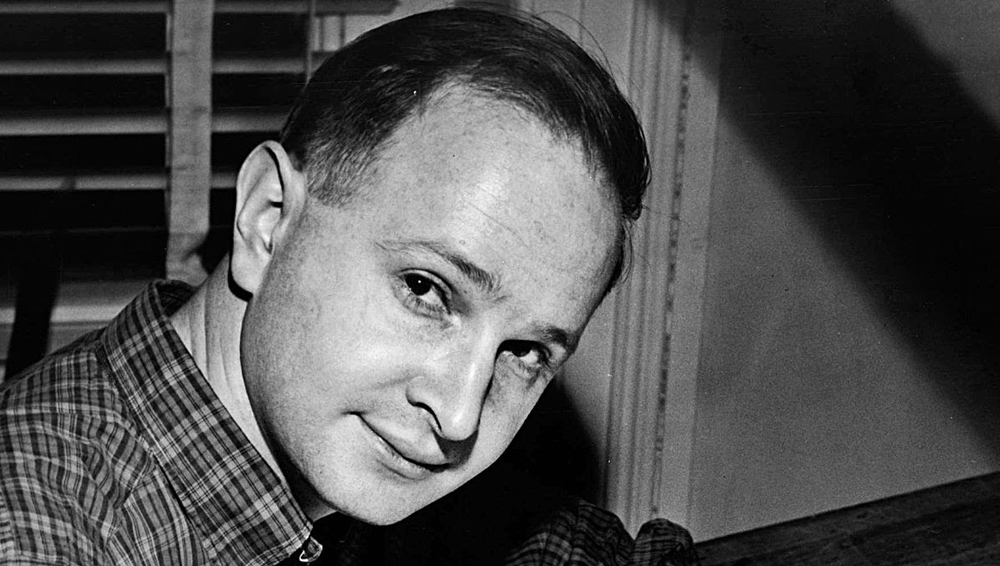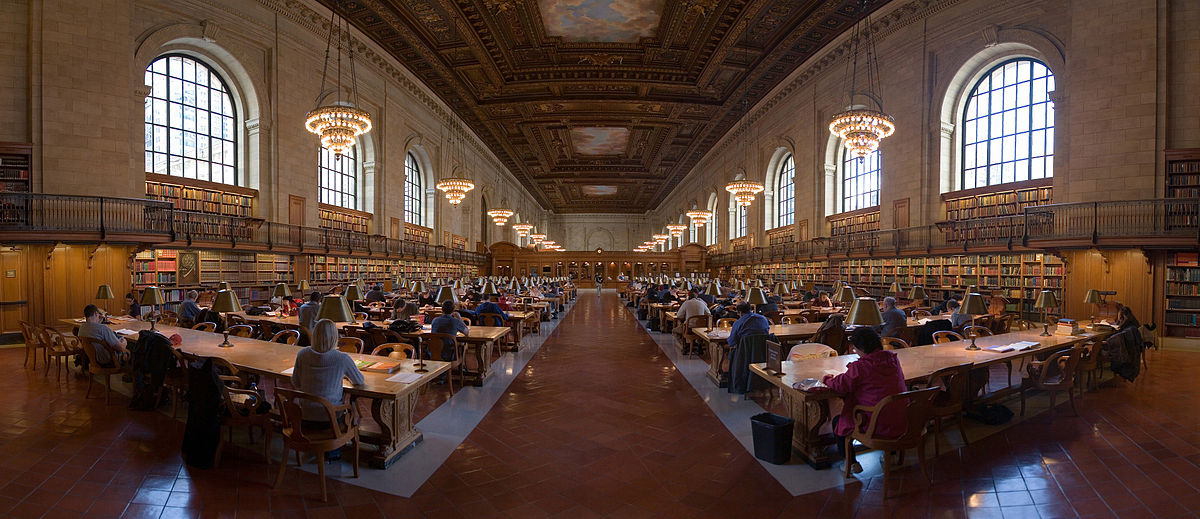Solomon Naumovich (Sholom Nohumovich) Rabinovich (Russian: Соломо́н Нау́мович (Шо́лом Но́хумович) Рабино́вич) was born in 1859 in Pereiaslav and grew up in the nearby shtetl (small town with a large Jewish population) of Voronkiv, in the Poltava Governorate of the Russian Empire (now in the Kyiv Oblast of central Ukraine). His father, Menachem-Nukhem Rabinovich, was a rich merchant at that time. However, a failed business affair plunged the family into poverty and Solomon Rabinovich grew up in reduced circumstances. When he was 13 years old, the family moved back to Pereyaslav, where his mother, Chaye-Esther, died in a cholera epidemic.
Sholem Aleichem’s first venture into writing was an alphabetic glossary of the epithets used by his stepmother. At the age of fifteen, inspired by Robinson Crusoe, he composed a Jewish version of the novel. He adopted the pseudonym Sholem Aleichem, a Yiddish variant of the Hebrew expression shalom aleichem, meaning “peace be with you” and typically used as a greeting. In 1876, after graduating from school in Pereyaslav, he spent three years tutoring a wealthy landowner’s daughter, Olga (Hodel) Loev (1865 – 1942).[6] From 1880 to 1883 he served as crown rabbi in Lubny. On May 12, 1883, he and Olga married, against the wishes of her father. A few years later, they inherited the estate of Olga’s father. In 1890, Sholem Aleichem lost their entire fortune in a stock speculation and fled from his creditors. Solomon and Olga had their first child, a daughter named Ernestina (Tissa), in 1884.[8] Daughter Lyalya (Lili) was born in 1887. As Lyalya Kaufman, she became a Hebrew writer. (Lyalya’s daughter Bel Kaufman, also a writer, was the author of Up the Down Staircase, which was also made into a successful film.) A third daughter, Emma, was born in 1888. In 1889, Olga gave birth to a son. They named him Elimelech, after Olga’s father, but at home they called him Misha. Daughter Marusi (who would one day publish “My Father, Sholom Aleichem” under her married name Marie Waife-Goldberg) was born in 1892. A final child, a son named Nochum (Numa) after Solomon’s father was born in 1901 (under the name Norman Raeben he became a painter and an influential art teacher).
After witnessing the pogroms that swept through southern Russia in 1905, including Kyiv, Sholem Aleichem left Kyiv and resettled to New York City, where he arrived in 1906. His family[clarification needed] set up house in Geneva, Switzerland, but when he saw he could not afford to maintain two households, he joined them in Geneva in 1908. Despite his great popularity, he was forced to take up an exhausting schedule of lecturing to make ends meet. In July 1908, during a reading tour in Russia, Sholem Aleichem collapsed on a train going through Baranowicze. He was diagnosed with a relapse of acute hemorrhagic tuberculosis and spent two months convalescing in the town’s hospital. He later described the incident as “meeting his majesty, the Angel of Death, face to face”, and claimed it as the catalyst for writing his autobiography, Funem yarid [From the Fair].[3] He thus missed the first Conference for the Yiddish Language, held in 1908 in Czernovitz; his colleague and fellow Yiddish activist Nathan Birnbaum went in his place.[9] Sholem Aleichem spent the next four years living as a semi-invalid. During this period the family was largely supported by donations from friends and admirers.
Sholem Aleichem moved to New York City again with his family in 1914. The family lived in the Lower East Side, Manhattan. His son, Misha, ill with tuberculosis, was not permitted entry under United States immigration laws and remained in Switzerland with his sister Emma.
Sholem Aleichem died in New York in 1916.





Leave a Reply